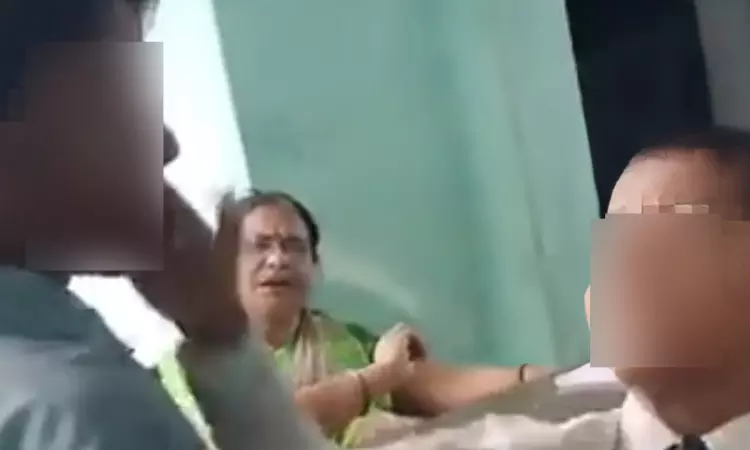Muzaffarnagar POCSO Court Grants Regular Bail To Teacher Accused Of Instructing Students To Slap Muslim Classmate
Sparsh Upadhyay
7 Dec 2024 10:46 AM IST

Next Story
7 Dec 2024 10:46 AM IST
A Special POCSO Court in Uttar Pradesh's Muzaffarnagar District on Thursday granted Regular Bail to a 60-year-old teacher and principal of Muzaffarnagar's Neha Public School (Tripta Tyagi), who has been accused of asking her students to slap a Muslim student and uttering communal slurs against him.Last month, the Allahabad High Court refused her anticipatory bail and directed her to...
